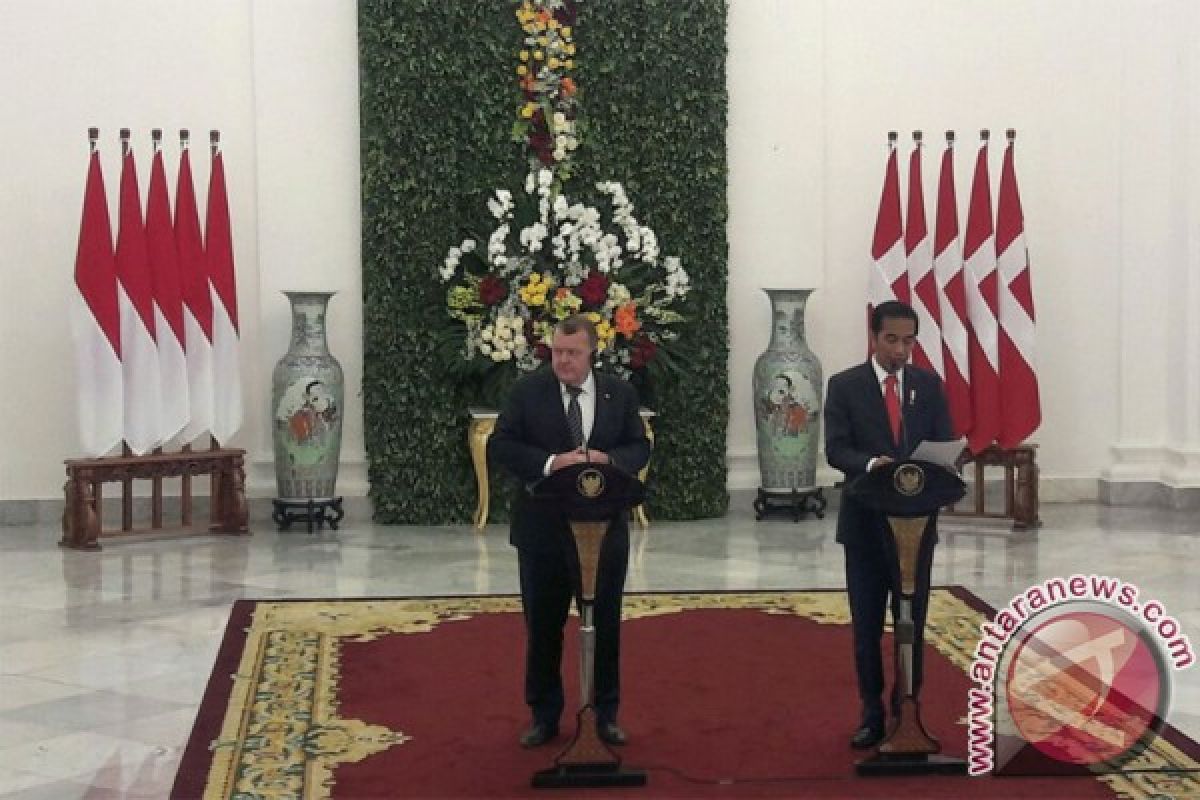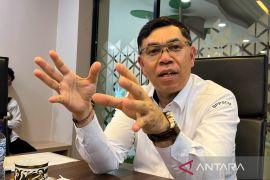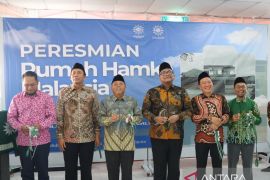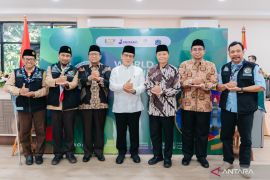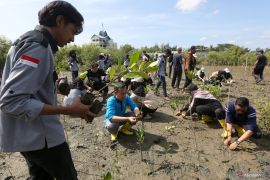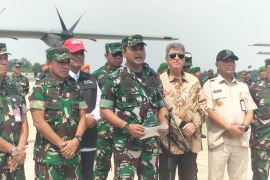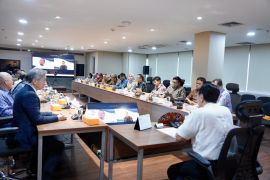Such form of cooperation was marked by the signing of a memorandum of understanding between Indonesian state electricity firm PT PLN, the Danish Energy Agency, and the Danish Embassy in Indonesia with Danish Prime Minister Lars Lokke Rasmussen as well as Indonesian Energy and Mineral Resources Minister Ignasius Jonan as the witnesses.
"Over the last 40 years, Denmark has gone through a transition, from being 100 percent dependent on fossil fuel, to becoming a world leader in renewable energy and energy efficiency," Rasmussen stated in Jakarta on Wednesday.
Accompanied by a business delegation during his visit to the capital, Rasmussen expressed hope that the cooperation between business partners of both countries would be strengthened through the exchange of experience and expertise as well as an increase in investment to develop wind power in Indonesia following the agreement in the renewable energy sector reached between Rasmussen and President Joko Widodo.
"Our government-to-government cooperation indicates that it would also be effective for Indonesia to incorporate a larger share of renewable energy into the system. Denmark is keen to assist," he noted.
The initiative received a positive response from Minister Jonan who stated that the Indonesian government has set a target of 23 percent energy mix from renewable energy by 2025.
Jonan emphasized that achieving the target is no easy task, considering that the current supply of electricity from renewable energy is still less than 15 percent.
Hence, he expects the Indonesia-Denmark business meeting will result in real, simple, and workable proposals being developed soon and contain the four key aspects of wind power project establishment: size, location, technology, and local partner.
"This event should not merely discuss the big picture, the milestone, or the way how we move forward. Just make a real proposal, send it to PLN, and to my office, then I will decide," Jonan emphasized.
According to Jonan, Indonesia can take a cue from Denmark as a country with the highest proportion of wind power in its energy mix in the world. In 2015, Denmark had produced 42 percent of electricity from wind, an increase from 39 percent in 2014.
Meanwhile, Indonesia has recently begun developing such alternative sources of energy by constructing three wind power projects located in Southern Sulawesi and Southern Kalimantan.
Jonan has expressed belief that the shift to renewable energy will have a positive impact not only on the environment but also support the people`s welfare, as it is forecast to be more affordable in future.
"I received some statistics from Danish Ambassador (Rasmus) Kristensen that in Denmark, the electricity tariff for wind power in onshore basis is less than four cents per kWh. This is the issue that my colleagues in my department never believe. Now, I keep telling them that one day, renewable energy will be a lot cheaper than the forms of fossil energy," he added.
(T.Y013/B/KR-BSR/F001)
Reporter: antara
Editor: Heru Purwanto
Copyright © ANTARA 2017
